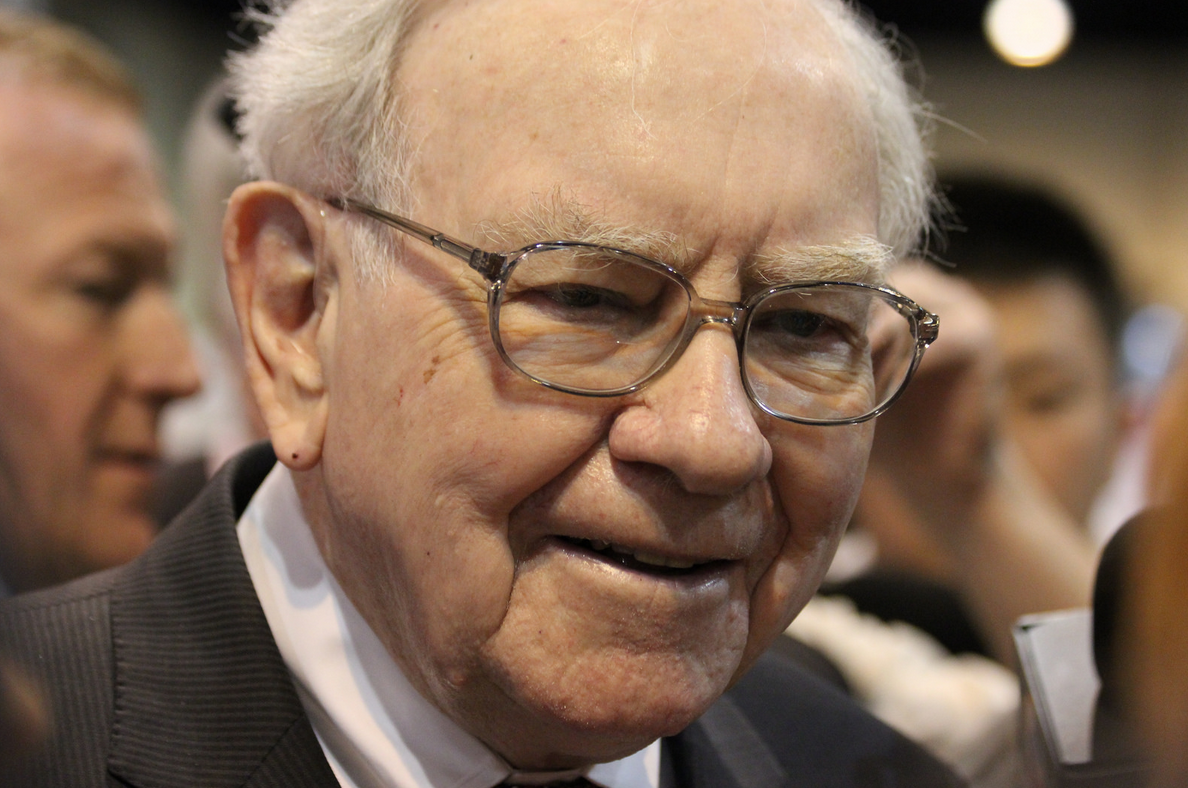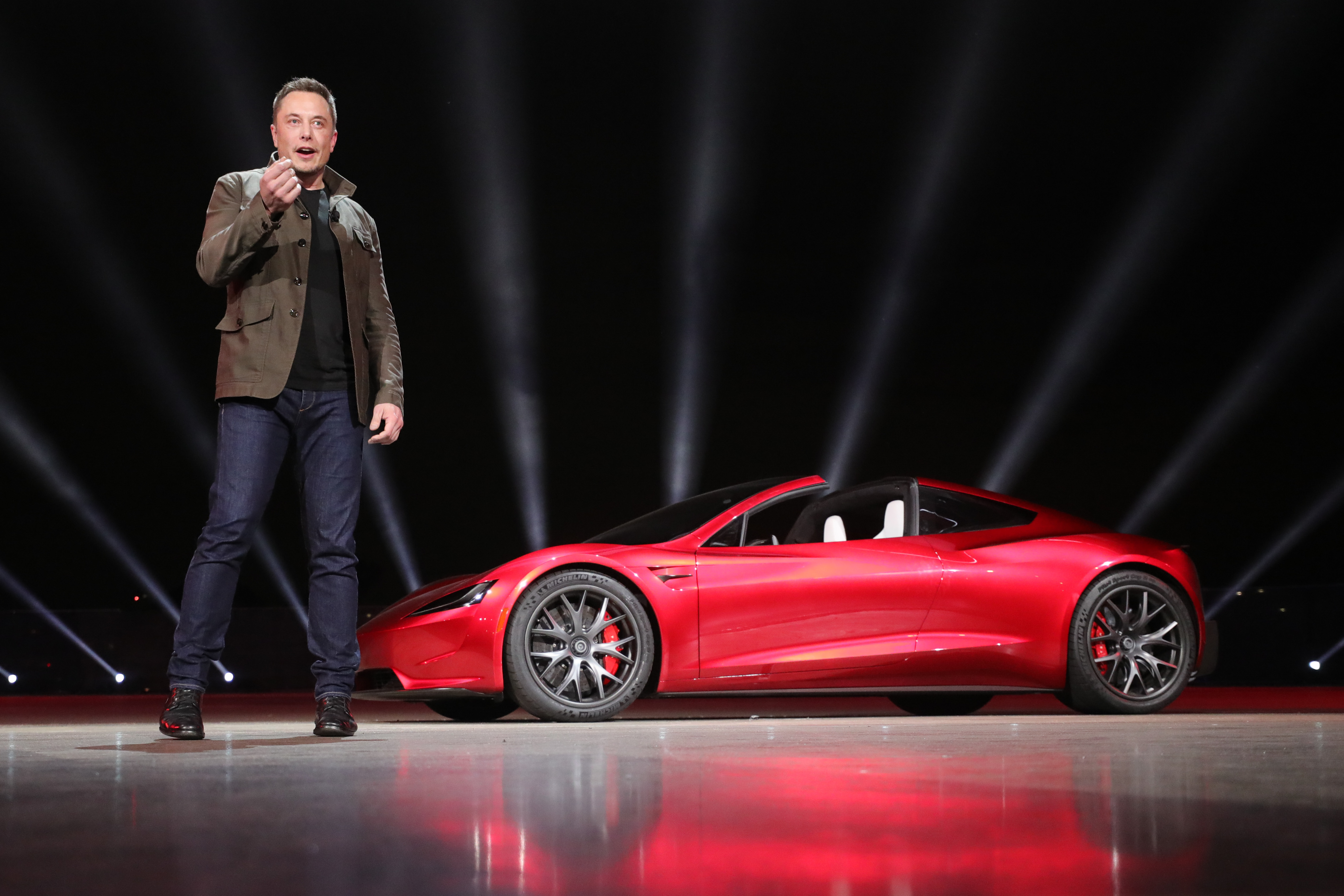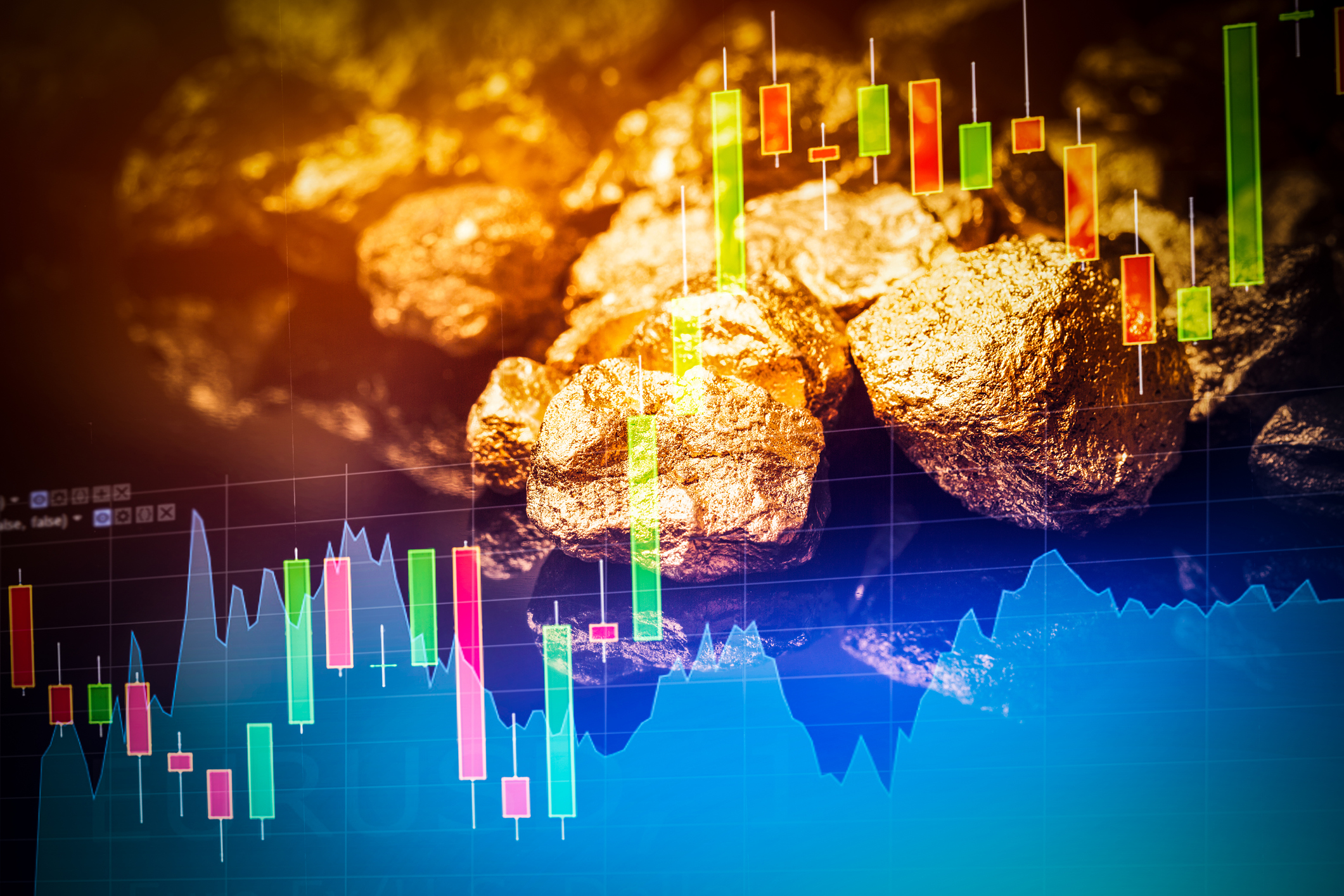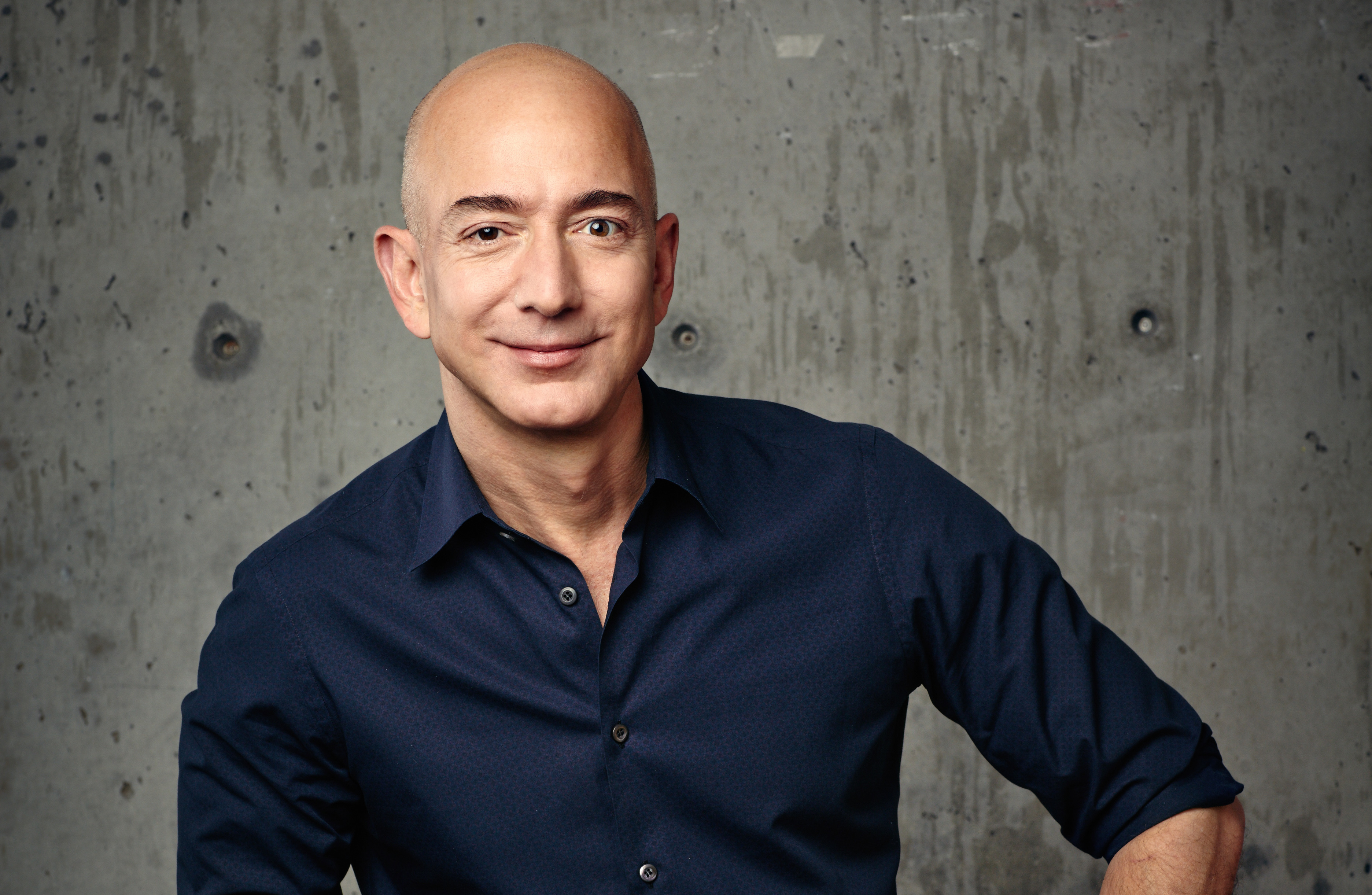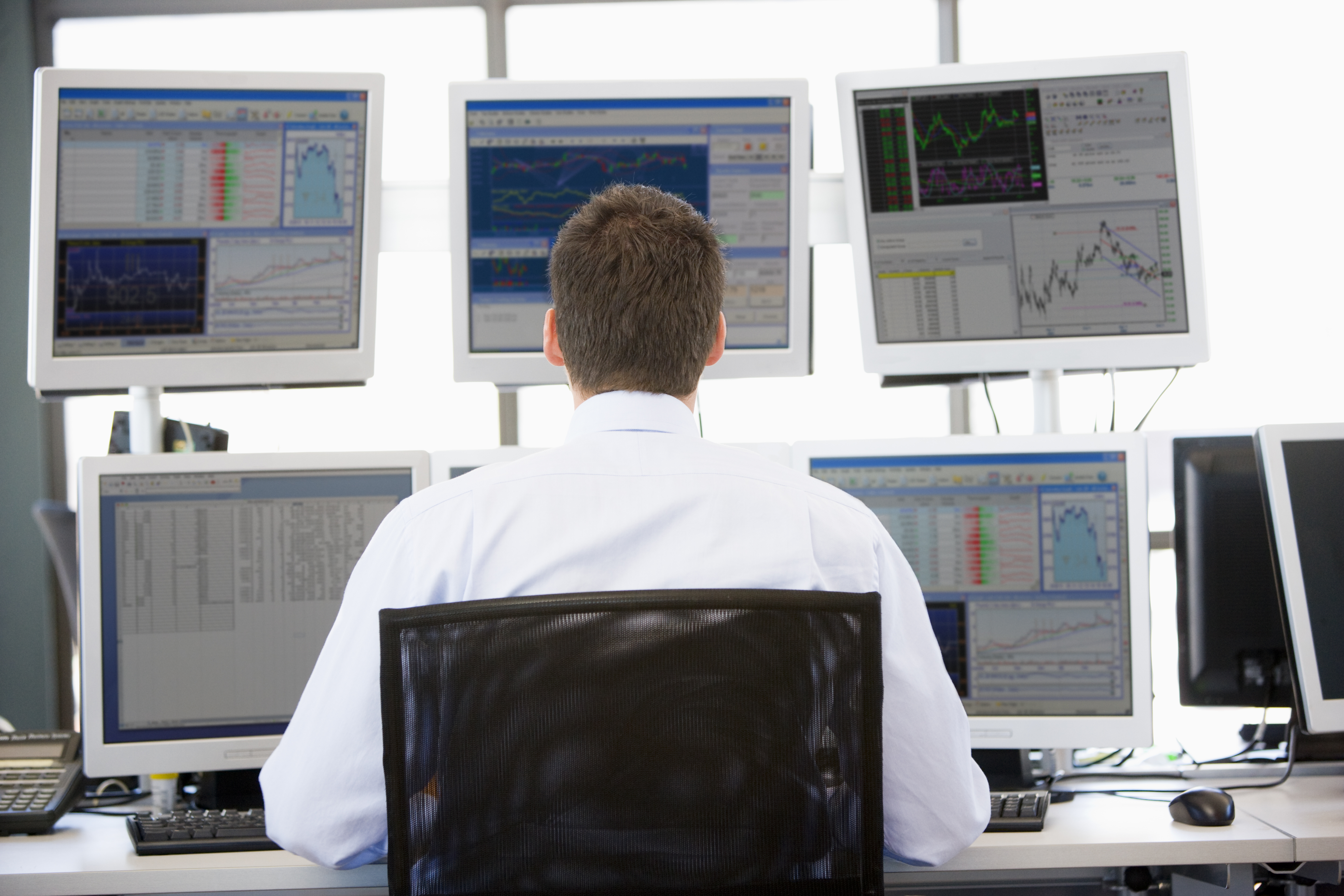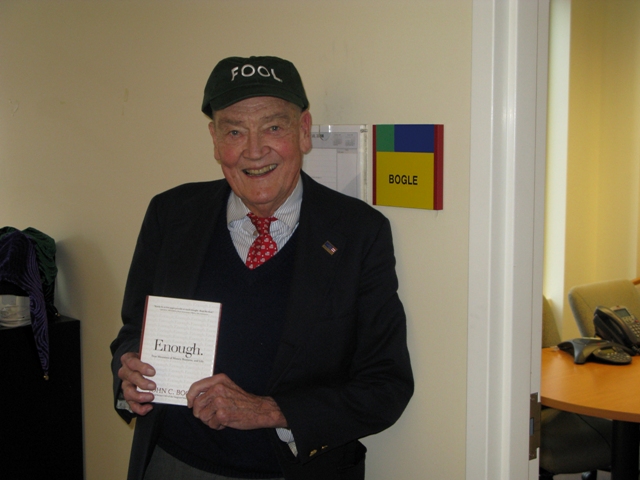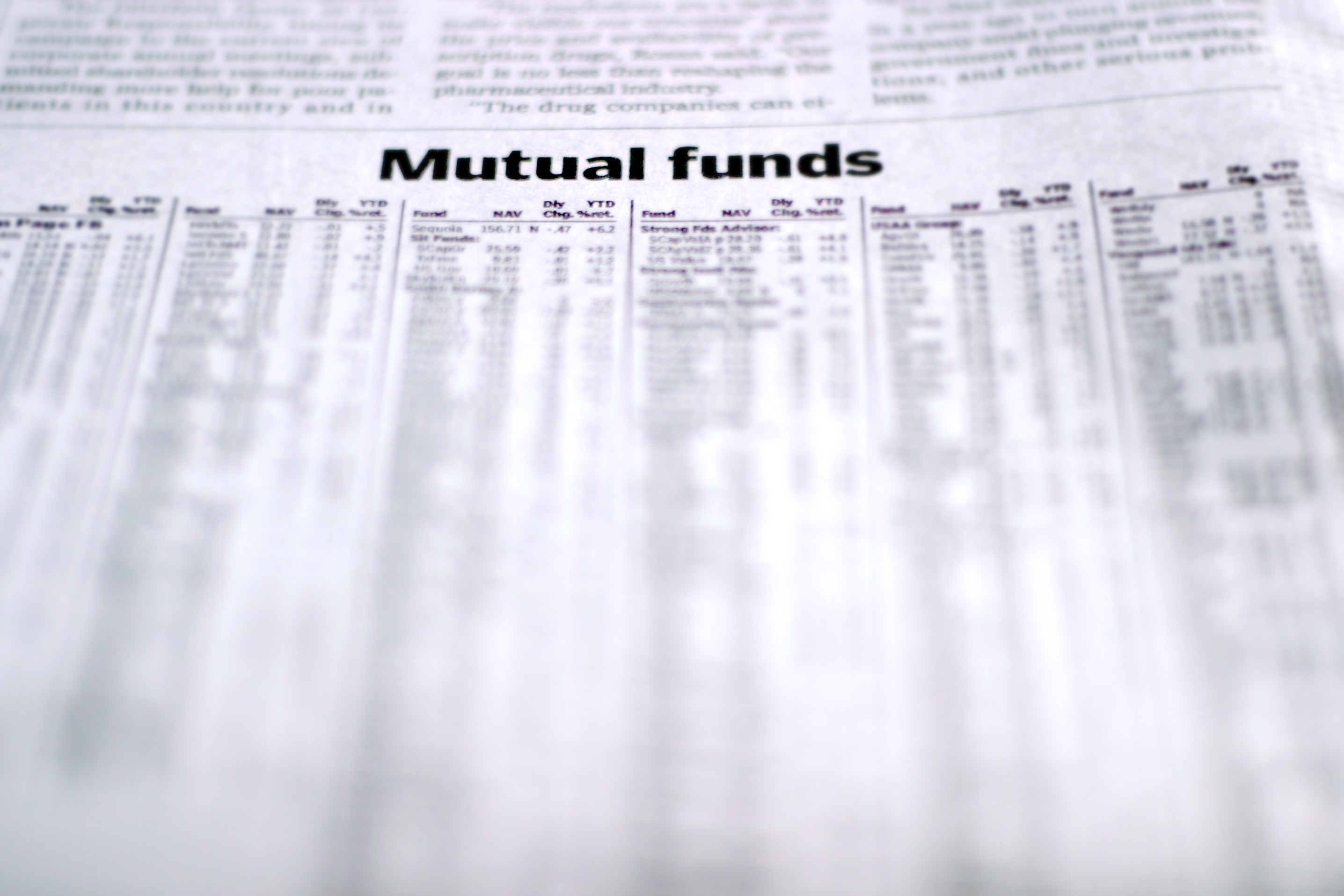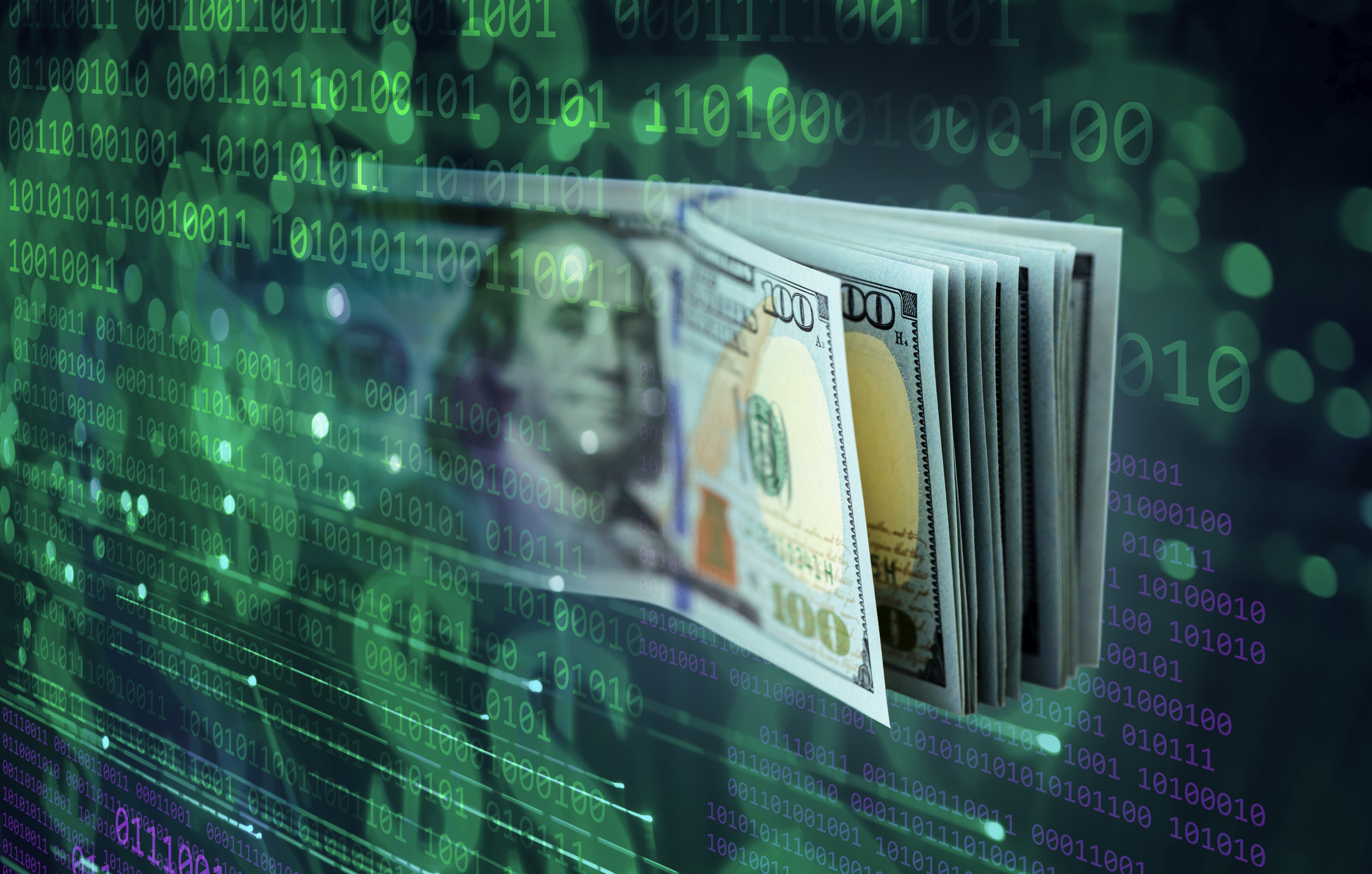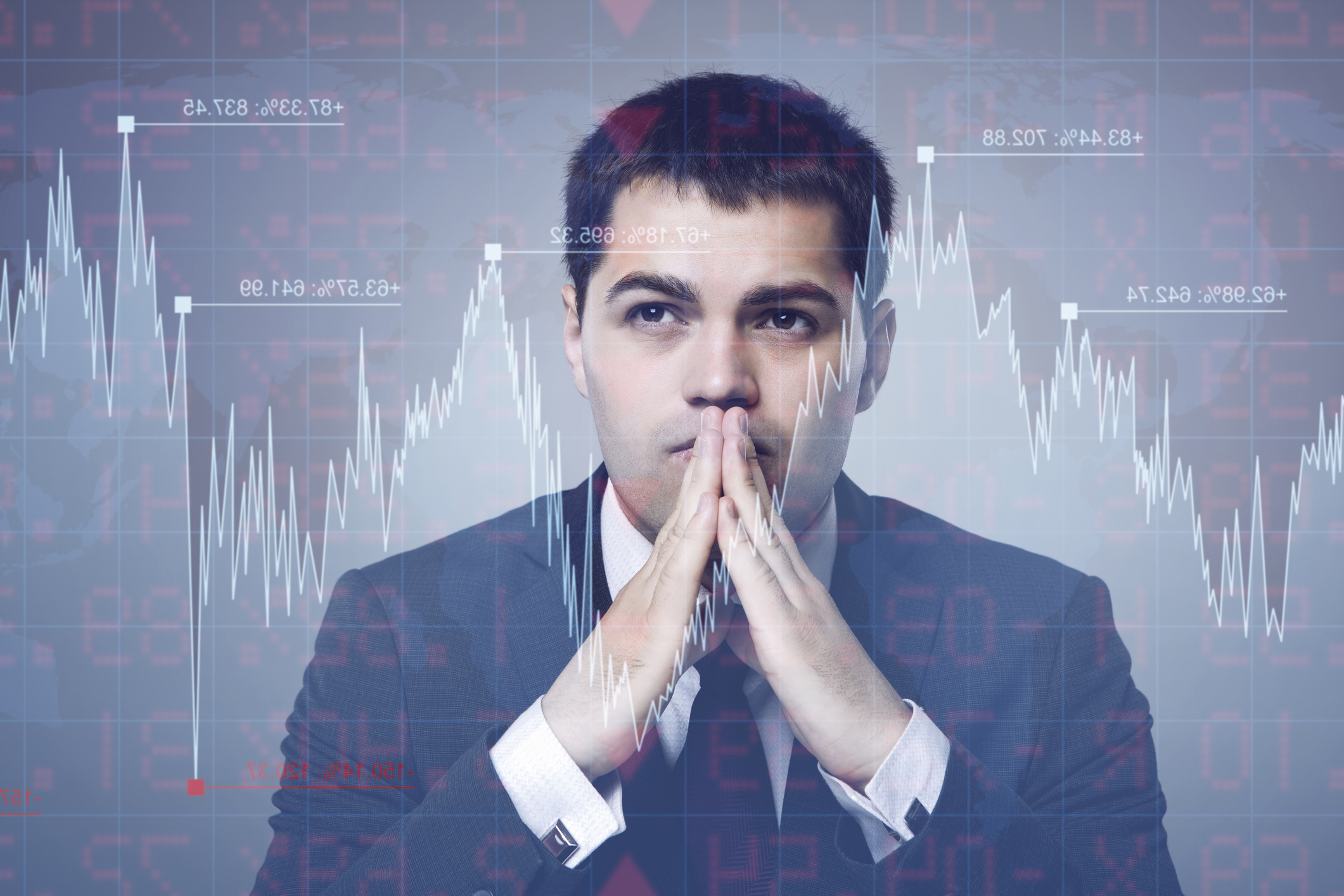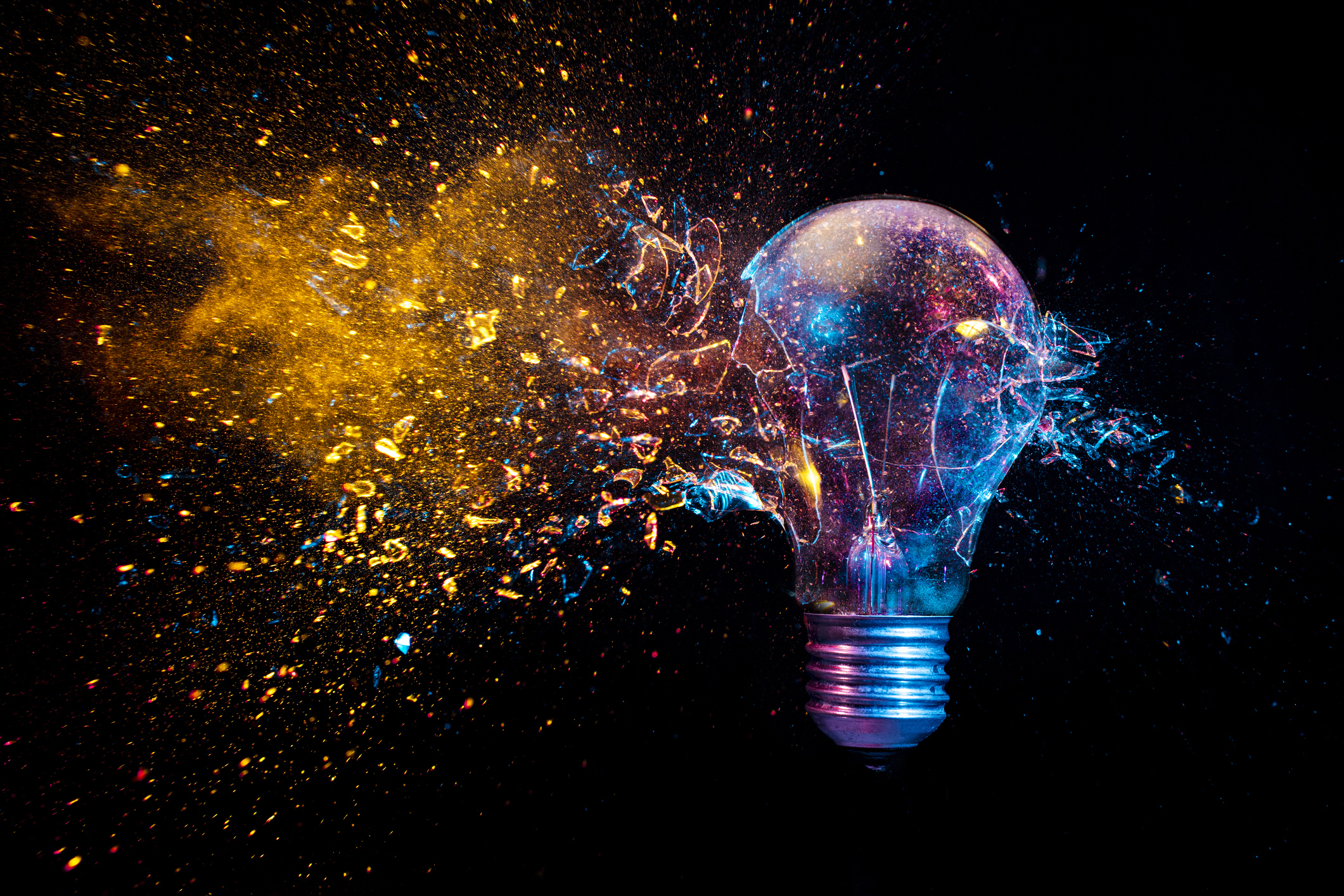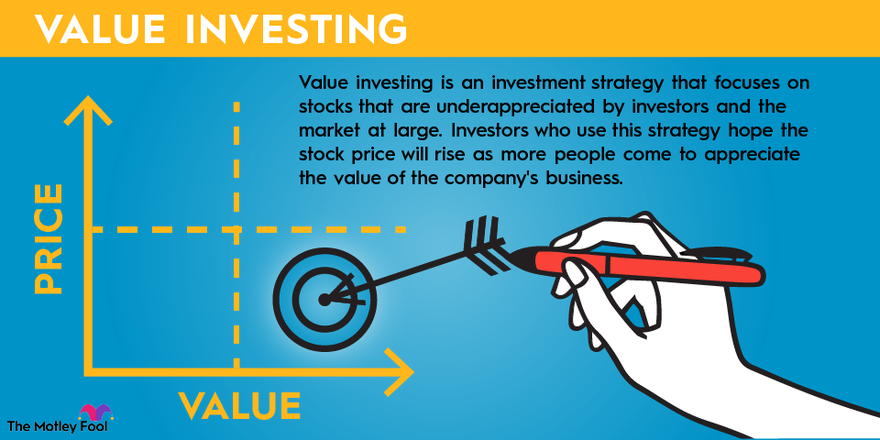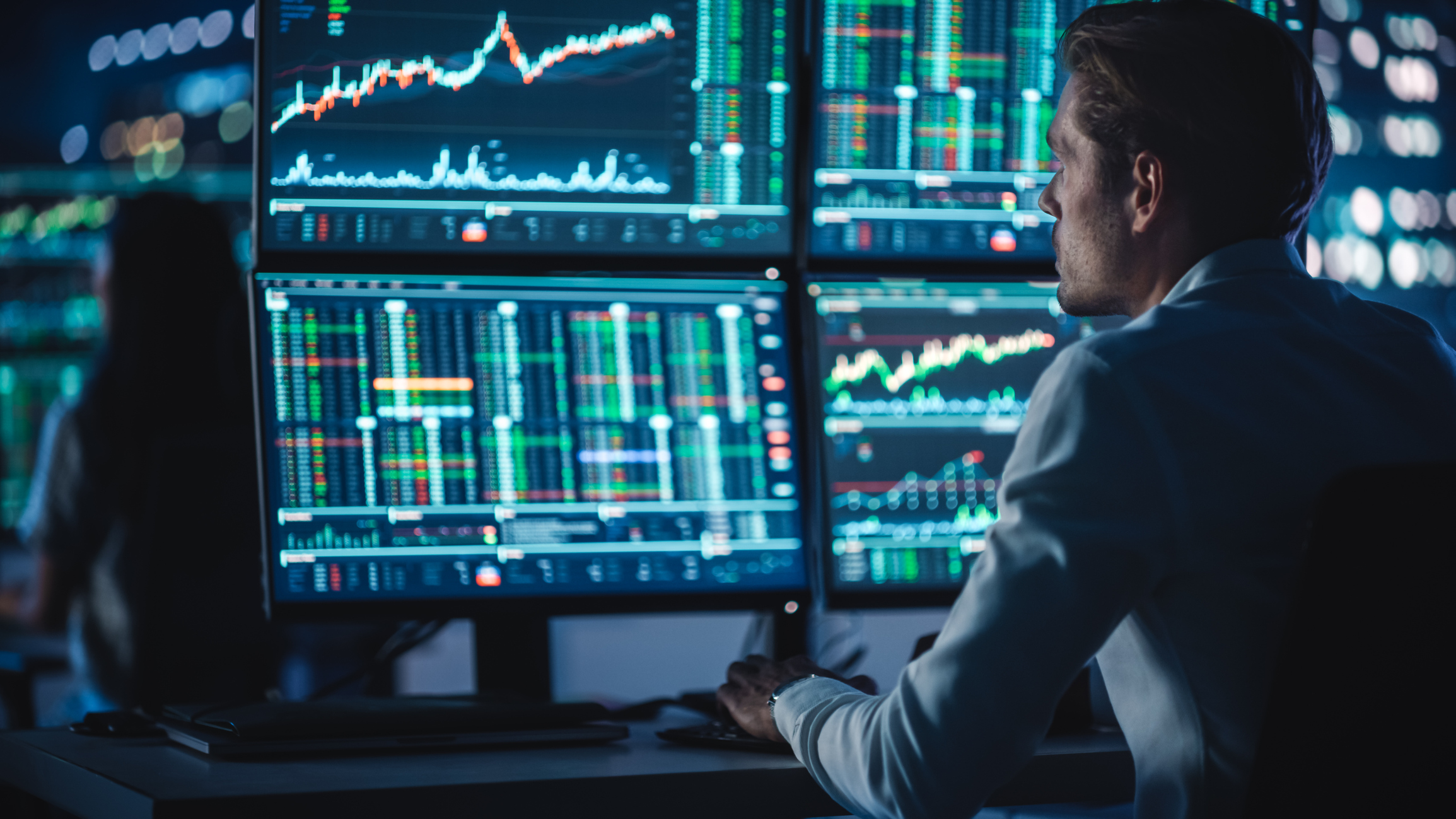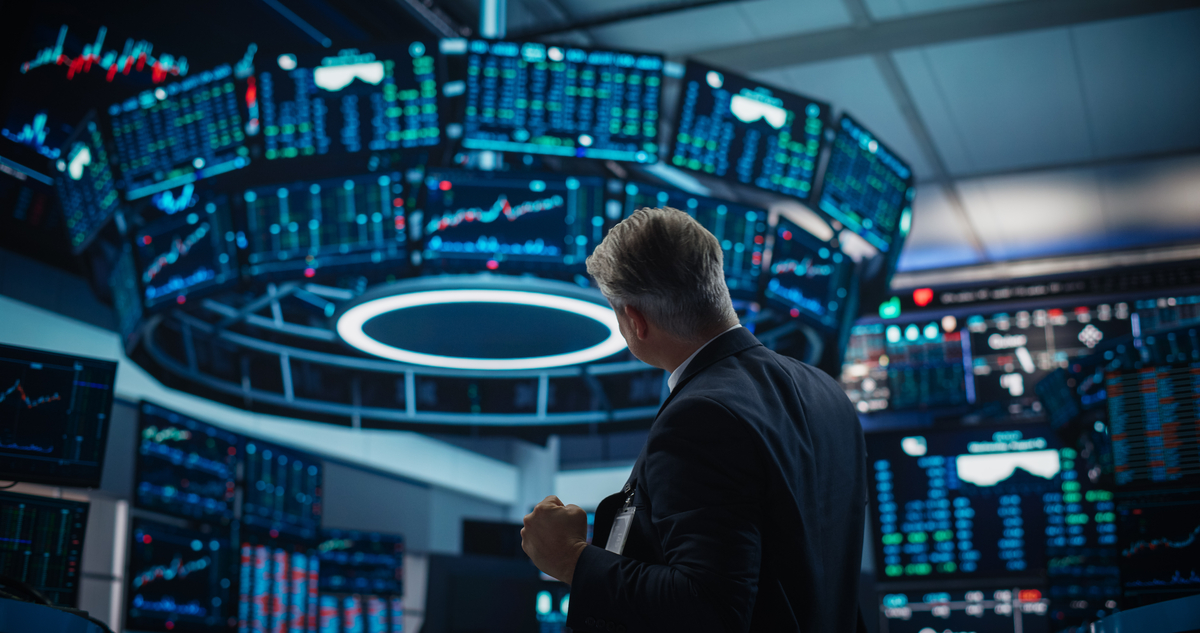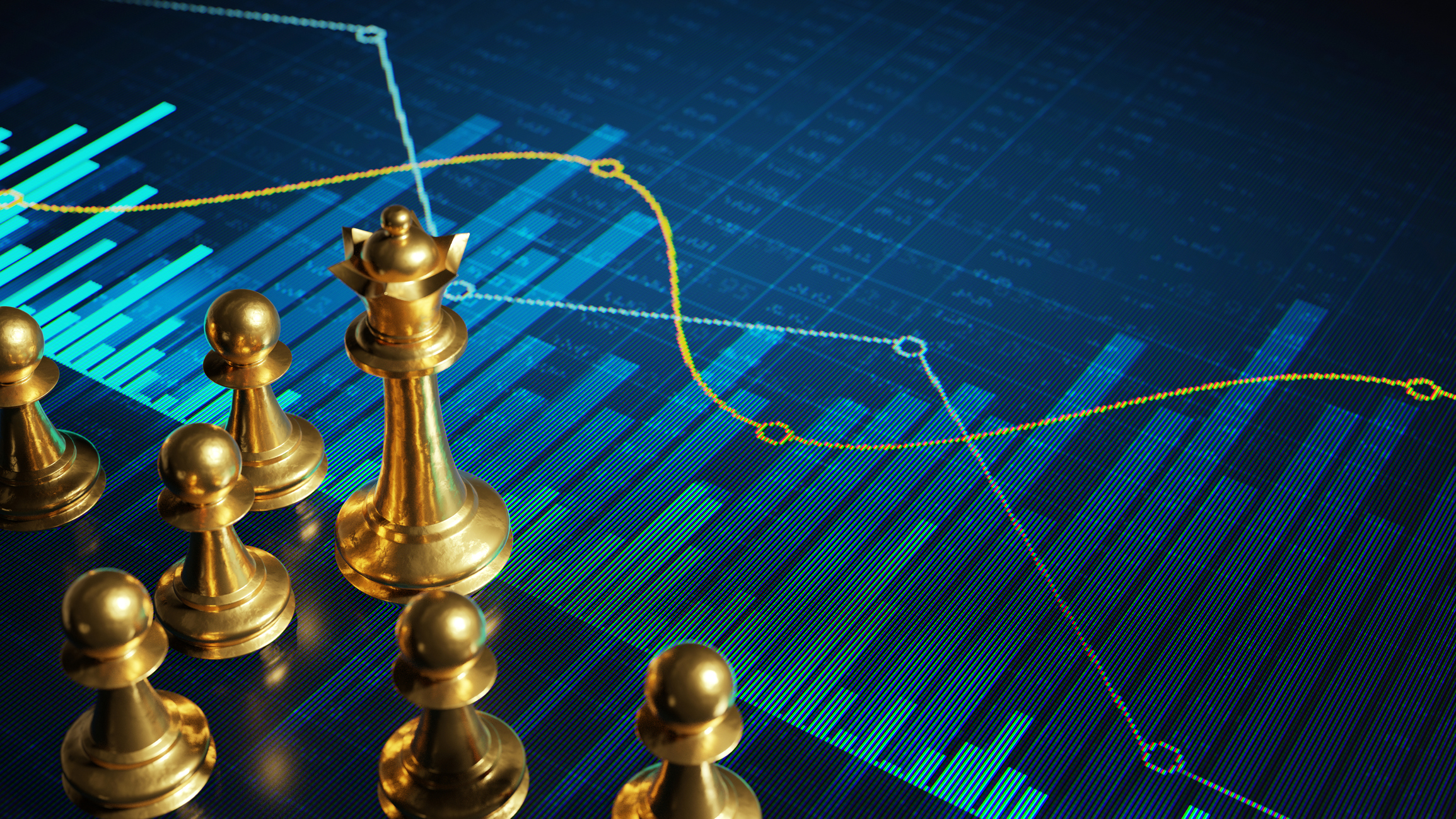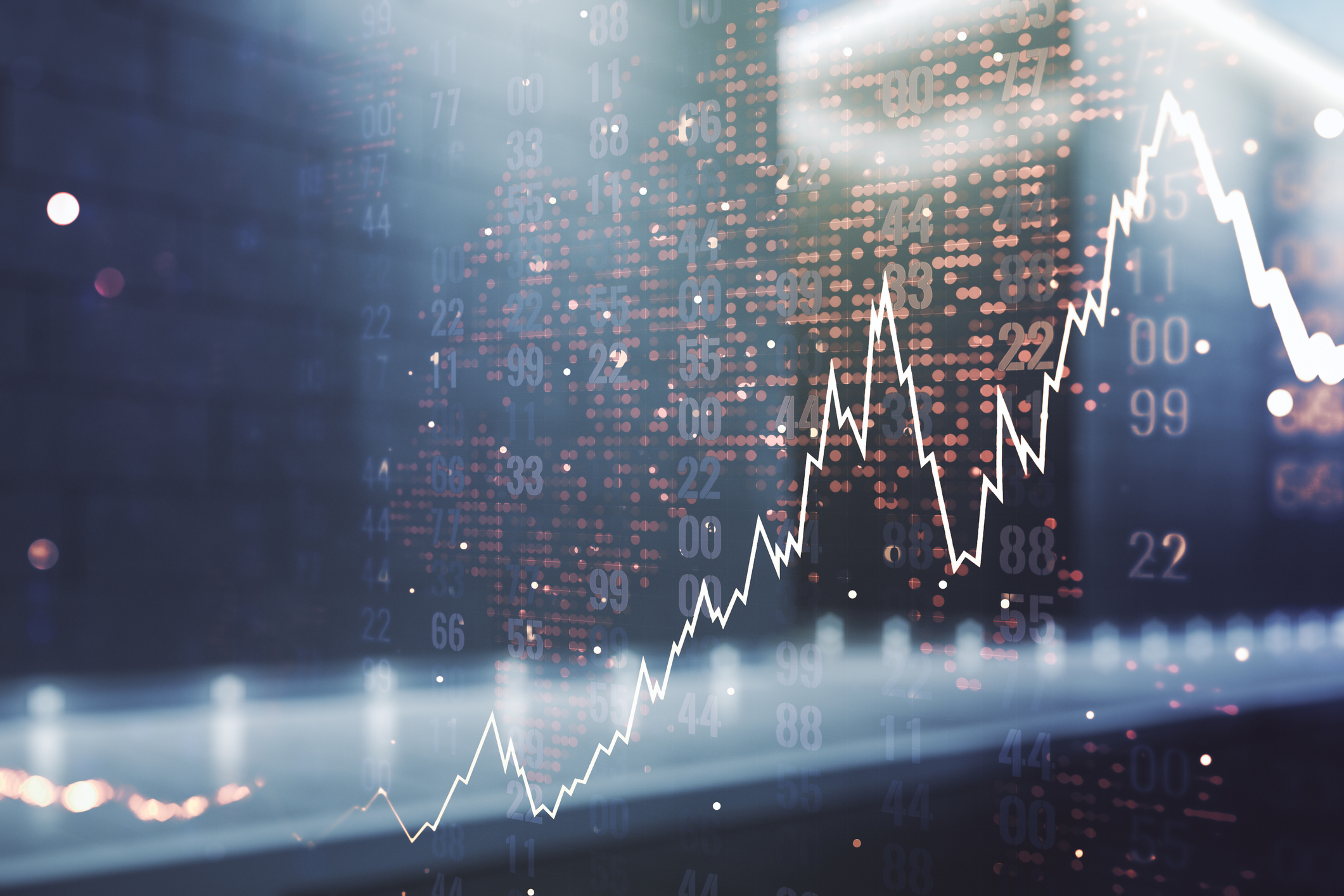Jensen Huang is an entrepreneur and electrical engineer who became one of the biggest names in tech, thanks to the success of his company, Nvidia (NVDA +0.91%). The growth of artificial intelligence (AI) has made Nvidia the largest company in the world and Huang one of the richest people. In this profile, we'll cover his current roles, investment strategies, and notable career milestones.
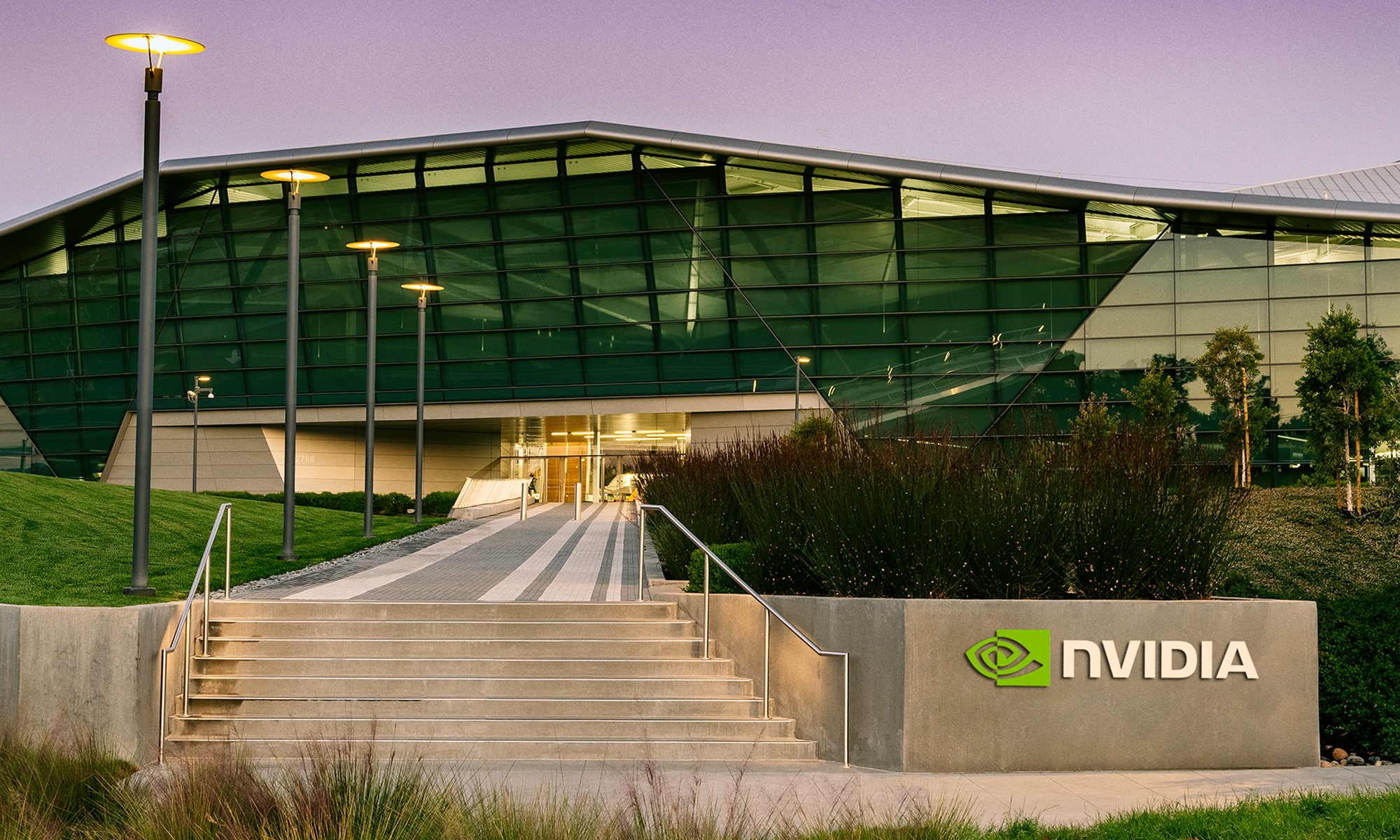
Primary role
Jensen Huang is the president, chief executive officer (CEO), and a co-founder of Nvidia. He's also a member of the company's board of directors.
Investment style
Huang is more of a businessman than an investor, at least based on publicly available information about his investment portfolio. The only holding in his portfolio is Nvidia. Unlike famous investors, Huang didn't become wealthy because of his stock picks. He made his money by launching and helping to build Nvidia into a leading semiconductor company.
Nvidia also has its own holdings. Many of them are AI companies that have collaborated with Nvidia, with CoreWeave (CRWV -0.72%) being the largest position by far.
While Huang has been extremely successful, it wouldn't make sense for investors to emulate his approach and go all in on Nvidia or a few tech stocks. It's too risky to commit your whole portfolio to a single company or market sector. Diversification is important for managing your risk.
Career highlights
Huang started his career as a microprocessor designer at Advanced Micro Devices (AMD -2.26%). He left AMD to join LSI Logic as a technical officer. There, Huang ended up working on a graphics accelerator card with engineers Chris Malachowsky and Curtis Priem. The graphics accelerator would become a massive success and lead to Huang's promotion to director of LSI's CoreWare division.
In 1993, Huang, Malachowsky, and Priem founded Nvidia to design graphics chips for video games. They chose Huang as president and CEO from the beginning.
Nvidia went public in 1999, and that same year, it released the first graphics processing unit (GPU). In 2006, it developed Compute Unified Device Architecture (CUDA), a parallel computing platform and programming model. It enables developers to use GPUs to write and execute code, resulting in a significant increase in computing speed.
Nvidia's role in AI development began in 2011, when researchers discovered that Nvidia GPUs could handle the processing needs of deep learning. Another major milestone happened a year later, when computer scientists used Nvidia GPUs to power AlexNet, a neural network.
In 2016, Huang donated an Nvidia supercomputer with eight GPUs to OpenAI. The start-up would use those GPUs to train ChatGPT.
The growth of AI and Nvidia's crucial role as an AI chipmaker would cause its value to skyrocket. It first became the world's largest company in 2024, and a year later, it became the first to reach a market cap of $4 trillion.
Philosophy & legacy
Huang believes in going after new markets and trying to achieve things that no one has ever done before. He coined the term "zero billion dollar markets" to describe what he looks for in business opportunities -- a completely new market, where there isn't already a mass of competitors doing the same thing.
I'd rather be a market maker, market creator than a market taker.
Nvidia reflects that philosophy. While it hasn't been entirely without competition, it stood out in its early days by focusing on GPUs and eventually became a leader in that industry.
Awards, honors, and recognition
Huang has received a number of awards and honors throughout his more than three-decade career. Here are some of the highlights:
- He received honorary doctorates from multiple universities, including Oregon State University in 2009 and National Taiwan University in 2020.
- He was named the world's best-performing CEO by Harvard Business Review in 2019.
- He received the Semiconductor Industry Association's top honor, the Robert N. Noyce award, in 2021.
- He was in Time magazine's list of the 100 most influential people in 2021 and 2024.
- He was named the best CEO by The Economist in 2023.
- He was ranked first on Fortune magazine's list of the 100 most powerful people in business in 2025 and second in 2024.



